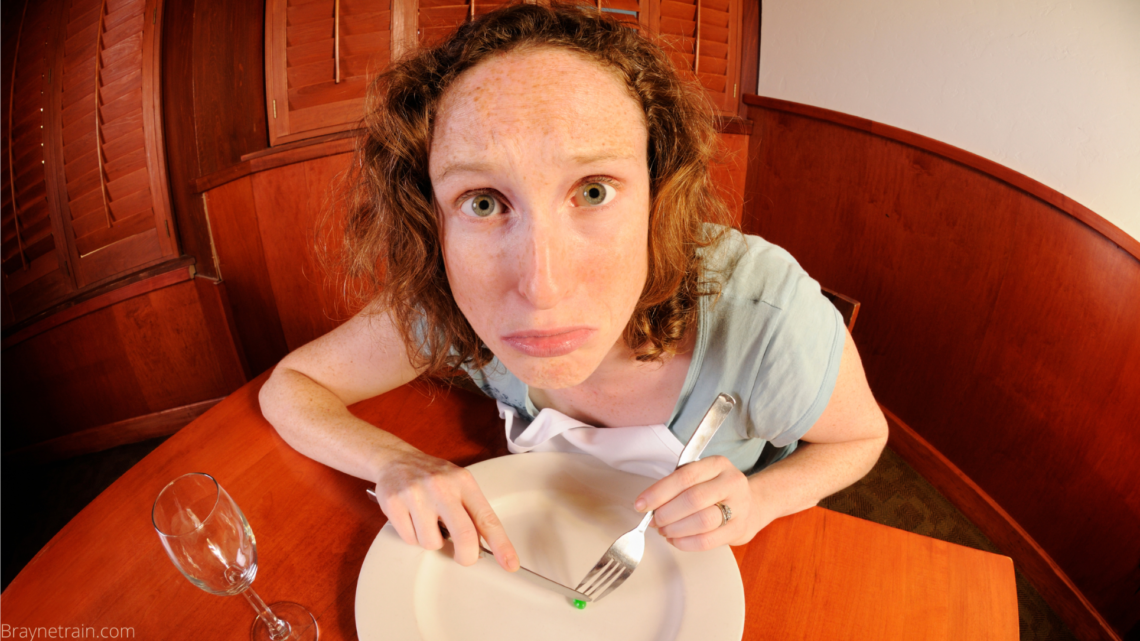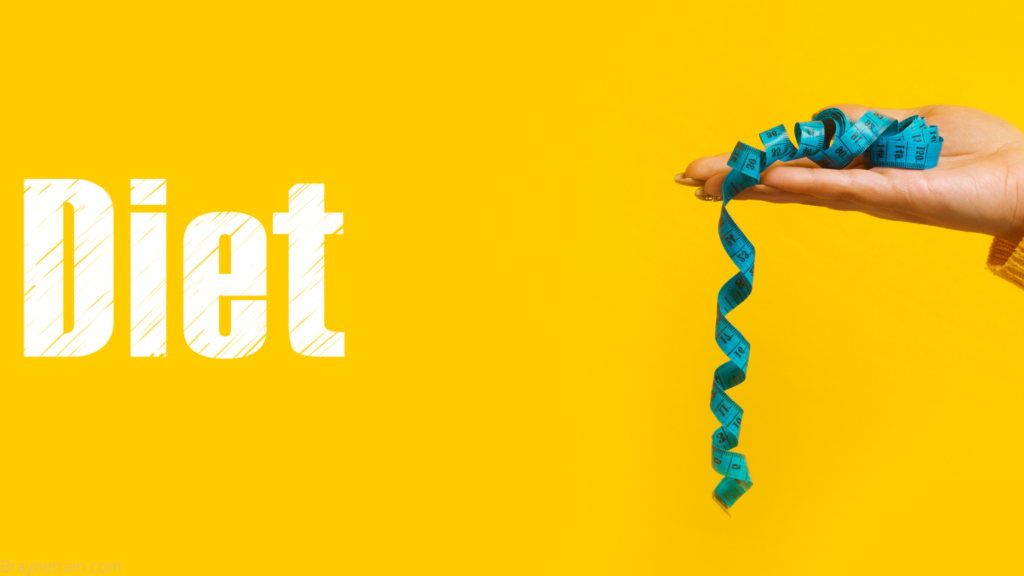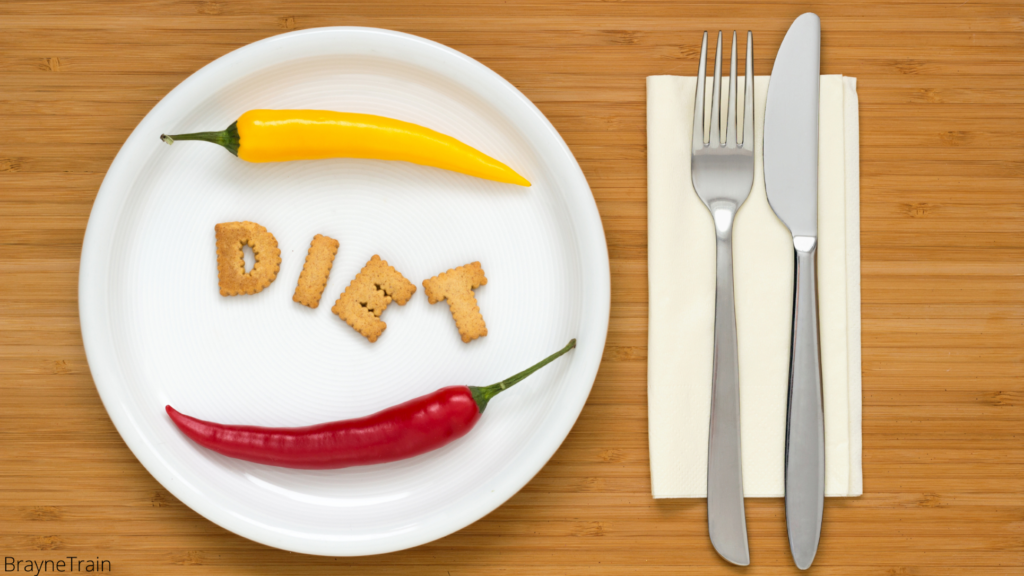
Fad Diets; why keto is not a fad!
Most people think of a “fad diet” as a short-term weight loss plan that’s often extreme and unhealthy.
The ketogenic diet is a low-carb, high-fat meal plan that is often, mistakingly, referred to as a fad. However, the ketogenic diet, more accurately, should be described as a lifestyle.
Keto is not a fad diet because according to scientific evidence, keto has many health benefits, including weight loss, improved memory, and increased insulin sensitivity. Although keto requires a drastic reduction in carbohydrate intake, it can be surprisingly sustainable when done correctly.
So while diets like keto or paleo may seem extreme or intimidating at first glance, they could actually be an effective and sustainable way of improving overall health, unlike most fad diets, which are usually unsustainable and outright dangerous at times.
To learn more about keto and paleo diets, click here.

What is a Fad Diet?
Fad diets are trendy weight-loss plans that typically promote drastic restrictions on food intake or extreme exercise routines.
While many people turn to fad diets in an attempt to lose weight quickly, these types of diets are not always effective and often pose significant health risks.
To learn about some of the weirdest fad diets, click here.
Top 3 Characteristics of a Fad Diet:
- Quick Fix: A fad diet is a quick fix for weight loss.
- Fad diets often involve severe calorie restriction.
- They are not intended to be followed for more than a few weeks or months.
- Restrictive: A fad diet is very restrictive.
- Fad diets typically eliminate one or more food groups.
- They may also require you to eat specific foods or combinations of foods.
- Not Sustainable: A fad diet is not sustainable.
- Fad diets are often difficult to follow in the long term.
- They may cause adverse side effects such as vitamin deficiencies, low energy levels, and bowel irritability.

Most Drastic Examples of Fad Diets:
Fad diets are nothing new. In fact, they’ve been around for centuries.
Some of the craziest and most dangerous fad diets include the tapeworm diet, the ice cream diet, and the cotton ball diet.
- The tapeworm diet was first popularized in the late 1800s and early 1900s.
- The premise is simple: ingest a tapeworm, and the tapeworm will eat the food you consume, leading to weight loss.
- The ice cream diet was popular in the 1970s and 1980s, and it required dieters to eat at least two gallons of ice cream per day.
- The cotton ball diet was popular in the 1990s. It involved soaking cotton balls in orange juice or water and eating them.
- They believed the cotton will help avoid hunger, leading to less consumption of food and weight loss.
Disclaimer: These fad diets are extremely dangerous and should never be attempted because they could lead to serious medical problems or death.

More examples of Drastic Fad Diets:
- The cabbage soup diet
- The grapefruit or grapefruit juice diet.
- The raw food diet.
- Master cleanse diet
- The baby food diet
- Blood type diet
- The magnetic diet
- The sleeping beauty diet
Health experts have heavily criticized each of these listed diets due to their restrictive nature and lack of scientific evidence backing their efficiency.
To learn about fad diets that actually work, click here.

Most Fad Diets Don’t Work.
Fad diets are all the rage among those looking to lose weight or improve their overall health.
However, most of these so-called “miracle” diets turn out to be little more than empty promises, leading many people down a path of frustration and disappointment.
Fad diets are rarely backed by science and more often promote drastic changes in eating habits, promising fast results with minimal effort or sacrifice.
But what most people fail to realize is that quick-fix fad diets typically lack the necessary nutrients and sustainability needed for long-term success.
Fad diets can also cause feelings of fatigue and low energy and potentially other dangerous side effects such as dehydration or serious vitamin deficiencies.
To learn about healthy diets such as the Carnivore diet, click here.
Disclaimer: Before trying any new diets, it’s important to consult with your medical doctor. The information provided by BrayneTrain is for educational purposes only and does not replace a diagnosis or treatment recommended by a medical professional.
Takeaway
After reading this post, we hope that you have come to realize a diet such as the ketogenic diet, is not a fad. Fad diets are not sustainable and have a high failure rate. So if you want to lose weight and keep it off, you need to make long-term changes to your lifestyle. There are no quick fixes when it comes to weight loss – it takes time and patience to achieve sustainable results. Do your research and find the diet that works best for you and your life. Thank you for reading!
References
Choi YJ, Jeon SM, Shin S. Impact of a Ketogenic Diet on Metabolic Parameters in Patients with Obesity or Overweight and with or without Type 2 Diabetes: A Meta-Analysis of Randomized Controlled Trials. Nutrients. 2020 Jul 6;12(7):2005. doi: 10.3390/nu12072005. PMID: 32640608; PMCID: PMC7400909.
Iacovides S, Meiring RM. The effect of a ketogenic diet versus a high-carbohydrate, low-fat diet on sleep, cognition, thyroid function, and cardiovascular health independent of weight loss: study protocol for a randomized controlled trial. Trials. 2018 Jan 23;19(1):62. doi: 10.1186/s13063-018-2462-5. PMID: 29361967; PMCID: PMC5782363.




